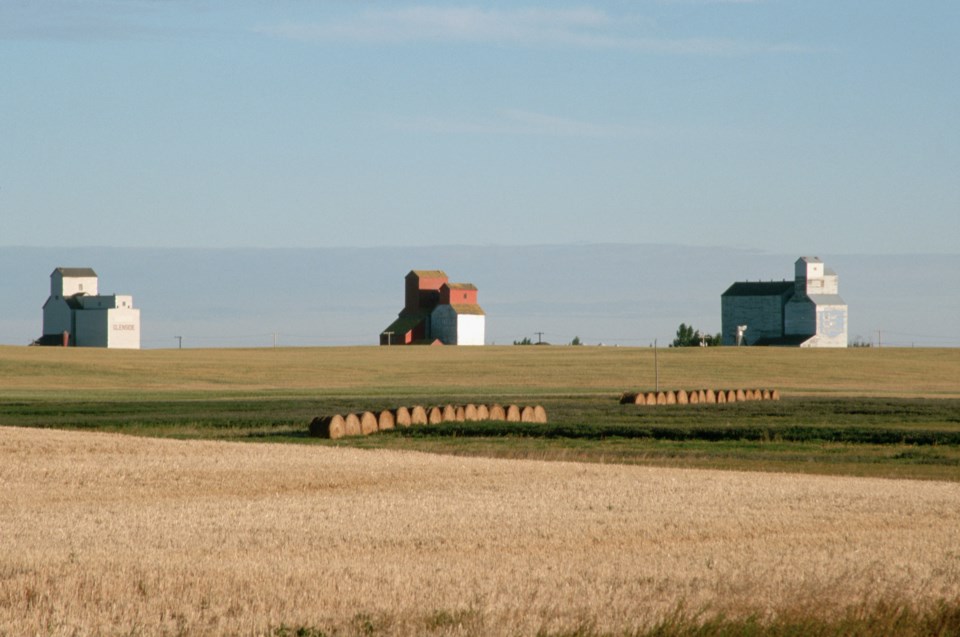The Saskatchewan Growth Coalition wants the province to make small government taxes lower to attract business, but rural groups say those proposals will leave them footing the bill.
"It's disappointing when we have what we think is a pretty good working relationship and then we see they are using their (campaign) to complain about RMs," Saskatchewan Association of Rural Municipalities President Ray Orb said.
Tax changes are the last thing rural municipalities need as they chase millions in unpaid oil and gas arrears, Orb said.
Last week, rural municipalities voted in wide margins for the provincial government to tighten rules for collecting on industry tax arrears that are blowing holes in their budgets.
One group estimated its 46 members are owed at least $19 million in taxes collectively.
With West Texas Intermediate floating at around $80 a barrel after years of low prices, they're looking to collect on their tabs.
But some members of the campaign say their taxes are already too high.
Lowering municipal mill rates — which determine property taxes — from 2.0 to .75 will mean "natural resource, manufacturing and construction sectors won’t unfairly incur the burden of property tax increases," argues the Saskatchewan Growth Coalition. Its members include the Canadian Association of Petroleum Producers and the Regina Chamber of Commerce.
That would mean higher costs for farmers, according to a prepared statement from Todd Lewis, president of the Agricultural Producers Association of Saskatchewan.
Making those changes could double farm property taxes in some parts of the province, he wrote.
“Farmers and ranchers built our essential rural infrastructure over the decades, and we are now at risk of subsidizing other users that want to take advantage of our investment."
David MacLean said that's oversimplifying the issue.
Taxes are so high in some municipalities that businesses like oil and gas firms will go to other jurisdictions like Alberta, said MacLean, who's the Saskatchewan and Alberta vice president of Canadian Manufacturers and Exporters.
He said some municipalities around Lloydminster — an area which has previously raised oil and gas arrears concerns — have particularly high rates and those costs trickle down through the supply chain, affecting the whole economy.
"If you make the argument oil and gas or manufacturers use a lot of infrastructure, you've got to back that up," Maclean said. "We submit that it's not really the case anymore."
Orb said he agrees with the campaign on the need for greater municipal transparency, but said the campaign is "straining" rural relationships with industry.
He hopes to meet with the organizations and businesses behind the campaign, he said.
"You need to foster these kinds of relationships and not let them fall apart."




